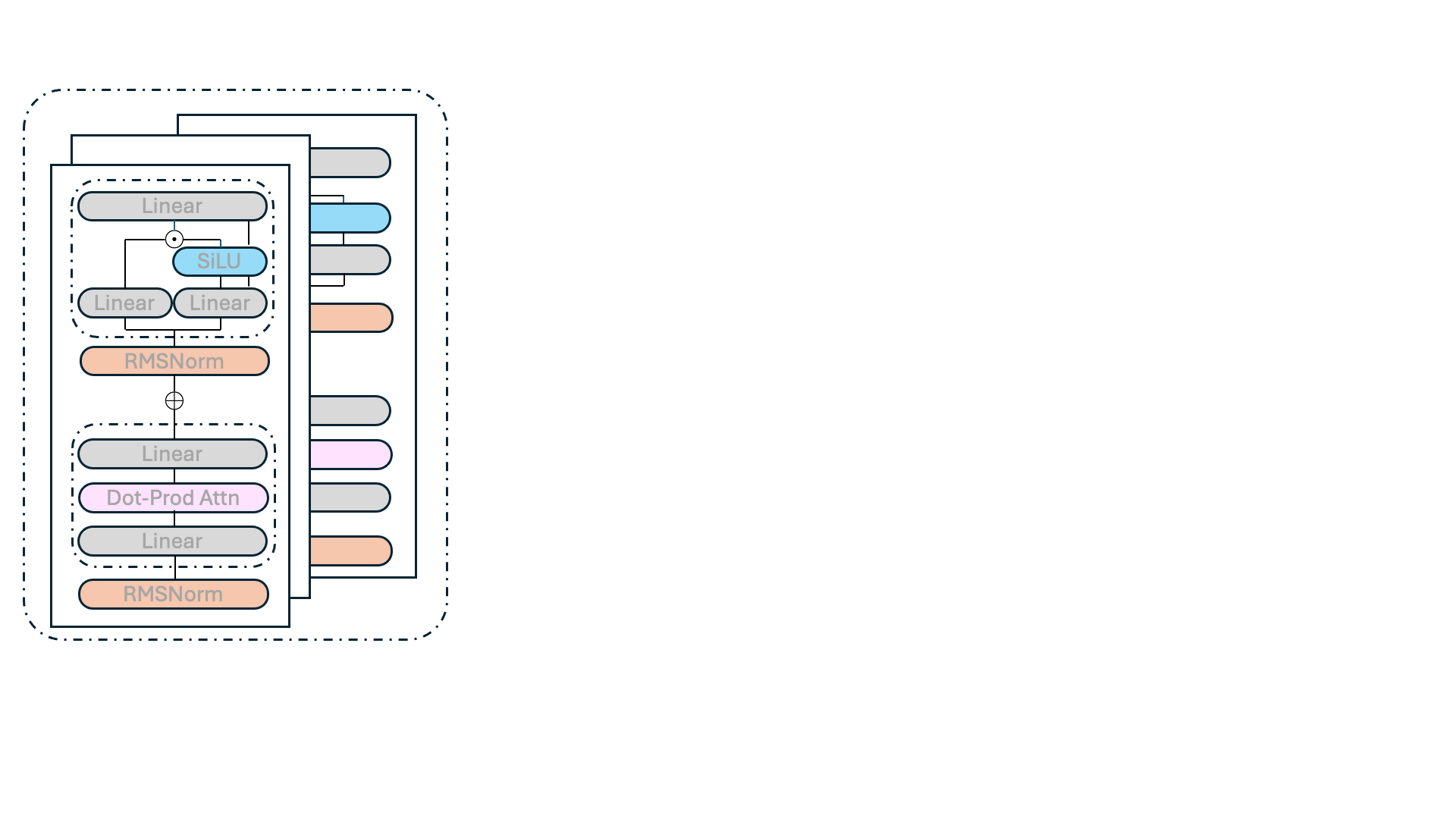Customer-obsessed science


Research areas
-
August 8, 2025A new philosophy for developing LLM architectures reduces energy requirements, speeds up runtime, and preserves pretrained-model performance.
Featured news
-
2024Code generation models are not robust to small perturbations, which often lead to incorrect generations and significantly degrade the performance of these models. Although improving the robustness of code generation models is crucial to enhancing user experience in real-world applications, existing research efforts do not address this issue. To fill this gap, we propose CodeFort, a framework to improve
-
In-context learning (ICL) is a powerful paradigm where large language models (LLMs) benefit from task demonstrations added to the prompt. Yet, selecting optimal demonstrations is not trivial, especially for complex or multi-modal tasks where input and output distributions differ. We hypothesize that forming taskspecific representations of the input is key. In this paper, we propose a method to align representations
-
2024Hierarchical Text Classification (HTC) is a sub-class of multi-label classification. It is challenging because the hierarchy typically has a large number of diverse topics. Existing methods for HTC fall within two categories, local methods (a classifier for each level, node, or parent) or global methods (a single classifier for everything). Local methods are computationally expensive, whereas global methods
-
2024Data is a crucial element in large language model (LLM) alignment. Recent studies have explored using LLMs for efficient data collection. However, LLM-generated data often suffers from quality issues, with underrepresented or absent aspects and low-quality data-points. To address these problems, we propose DATA ADVISOR, an enhanced LLM-based method for generating data that takes into account the characteristics
-
2024Warning: this paper contains content that may be inappropriate or offensive. As generative models become available for public use in various applications, testing and analyzing vulnerabilities of these models has become a priority. In this work, we propose an automatic red teaming framework that evaluates a given black-box model and exposes its vulnerabilities against unsafe and inappropriate content generation
Academia
View allWhether you're a faculty member or student, there are number of ways you can engage with Amazon.
View all






























